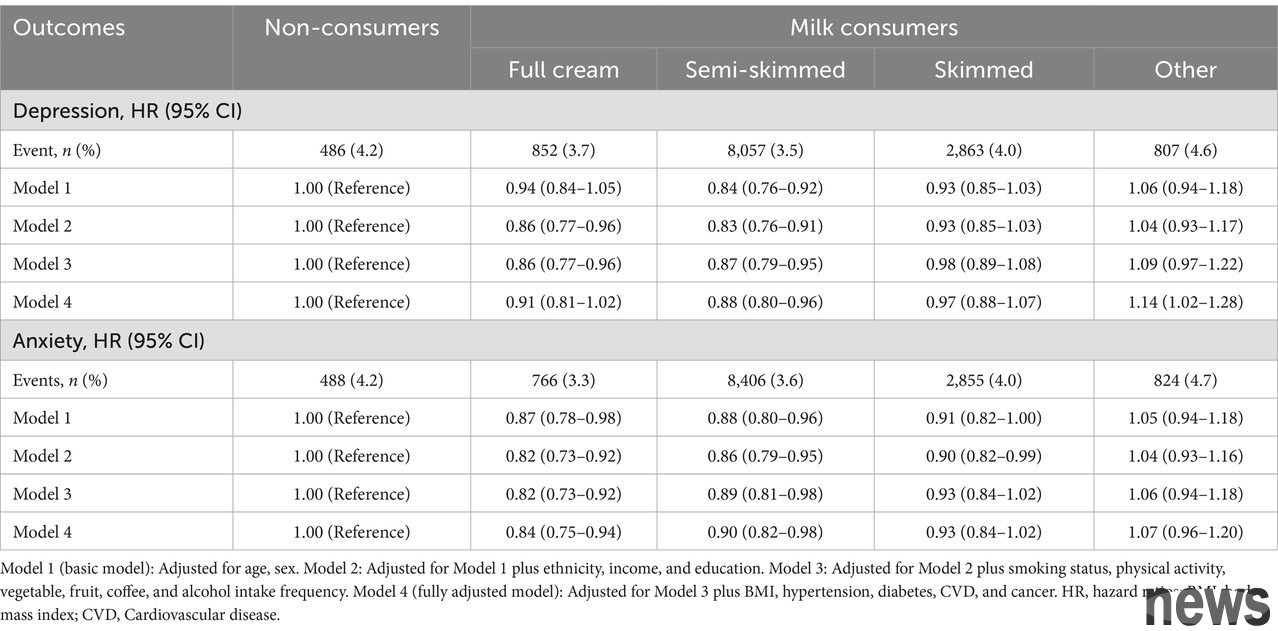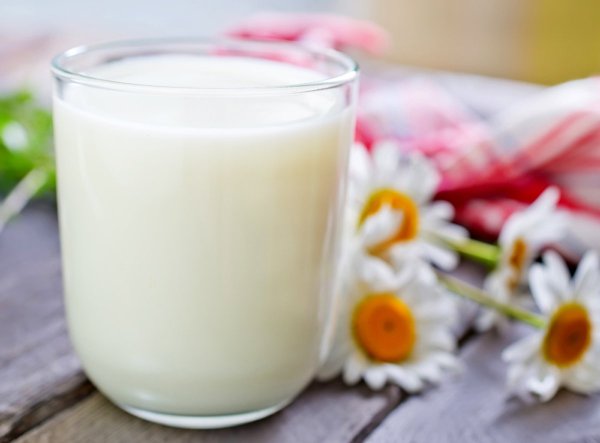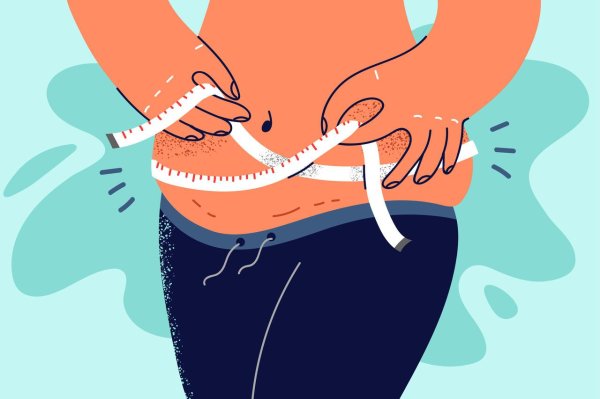Drinking milk can also bring you a good mood! Expert: This one has better anti-harm effect than whole milk

Many people like to add milk to coffee or tea to make the drink more mellow, but can drinking milk actually resist depression? A study in the UK pointed out that drinking a cup of low-fat milk every day can reduce the risk of depression and anxiety.
One-third of the risk of drinking low-fat milkThis large-scale study conducted a 13.5-year follow-up of 357,568 participants, and divided the participants' habits of drinking dairy into: whole fat, semi-deficient (low fat), leukofat, other alternative dairy products (plant milk), and no drinking milk at all. The statistical results show that 96.7% of people consume all types of milk, and 3.3% say they don’t drink milk or plant milk at all.
During the study period, 13,065 people (3.65%) were diagnosed with depression, and 13,339 (3.73%) were diagnosed with anxiety. The team further investigated whether there was a connection between milk intake and depression and anxiety. The results showed that people who drink milk had lower risk of depression and anxiety than those who did not drink milk.
Compared with those who do not drink milk, people who often drink low-fat milk have 16% lower rates of depression and 29% lower rates of anxiety. In contrast, the impact of people who drink whole fat or fat milk on their mental health is less obvious. Surprisingly, the rate of anxiety and depression increased compared to those who drink non-dairy products, compared to those who do not drink or drink milk.

Regarding how low-fat milk reduces anxiety risks, research points out that milk is rich in nutrients such as lactose, fat, protein and minerals, which helps maintain human health. In addition, compared with whole milk, low-fat milk has less raw and fatty acids and contains more "unprepared and fatty acids", which is of great help to regulate brain hormones, especially to promote the secretion of "happiness hormones": serotonin and dopamine.
The study found that the correlation between low-fat milk and mental health can provide people with reference to dietary strategies. However, researchers also showed that the impact of long-term tracking, data based on self-reports, and research subjects have their limitations. We look forward to further research to strengthen verification of this result.















